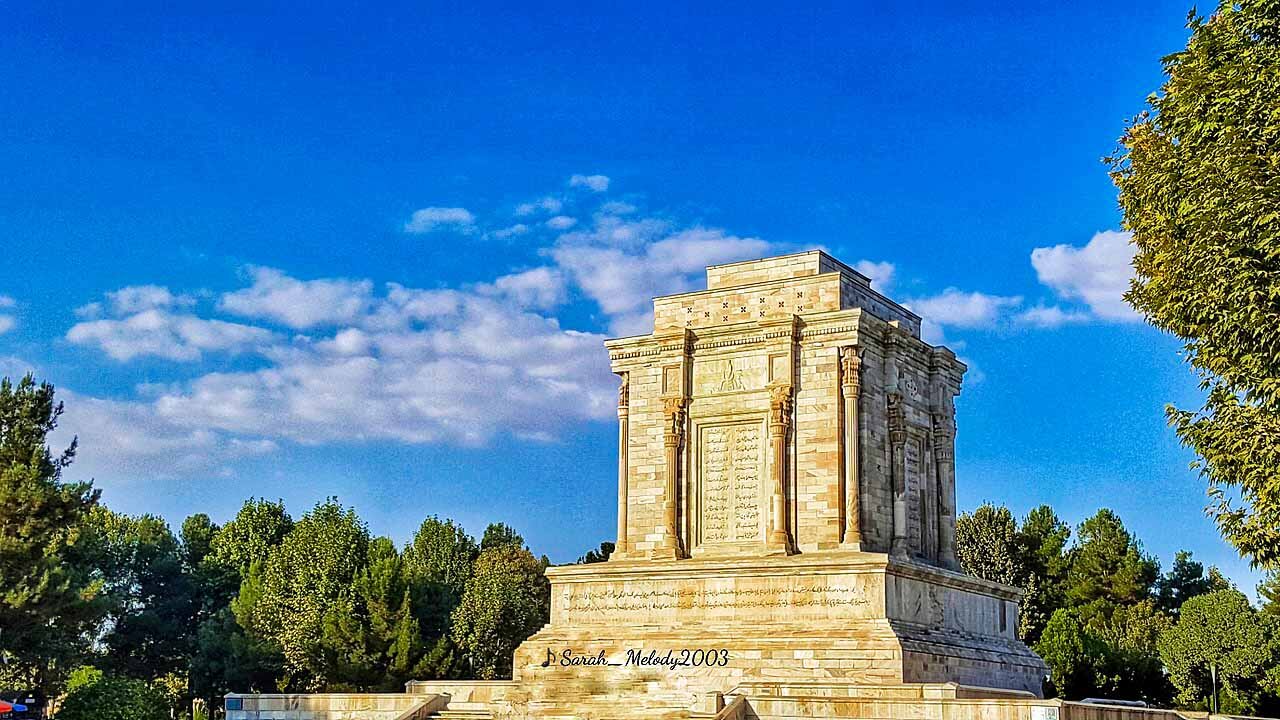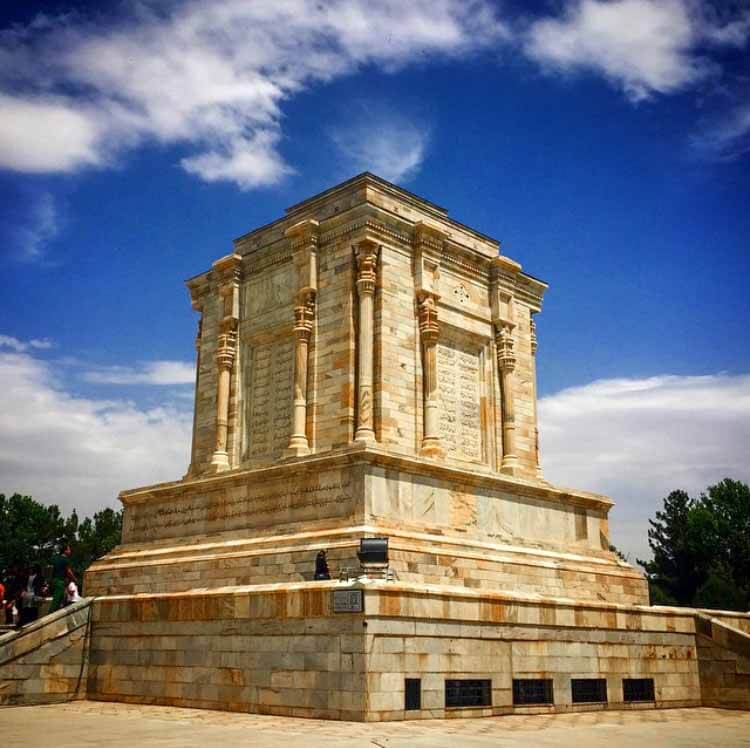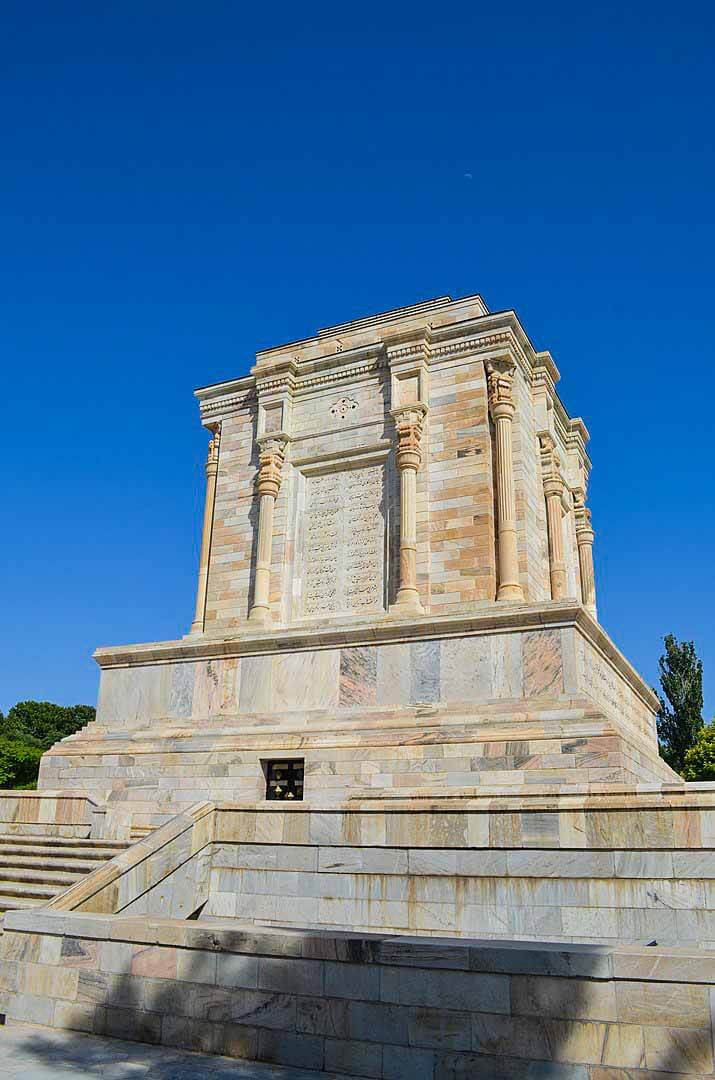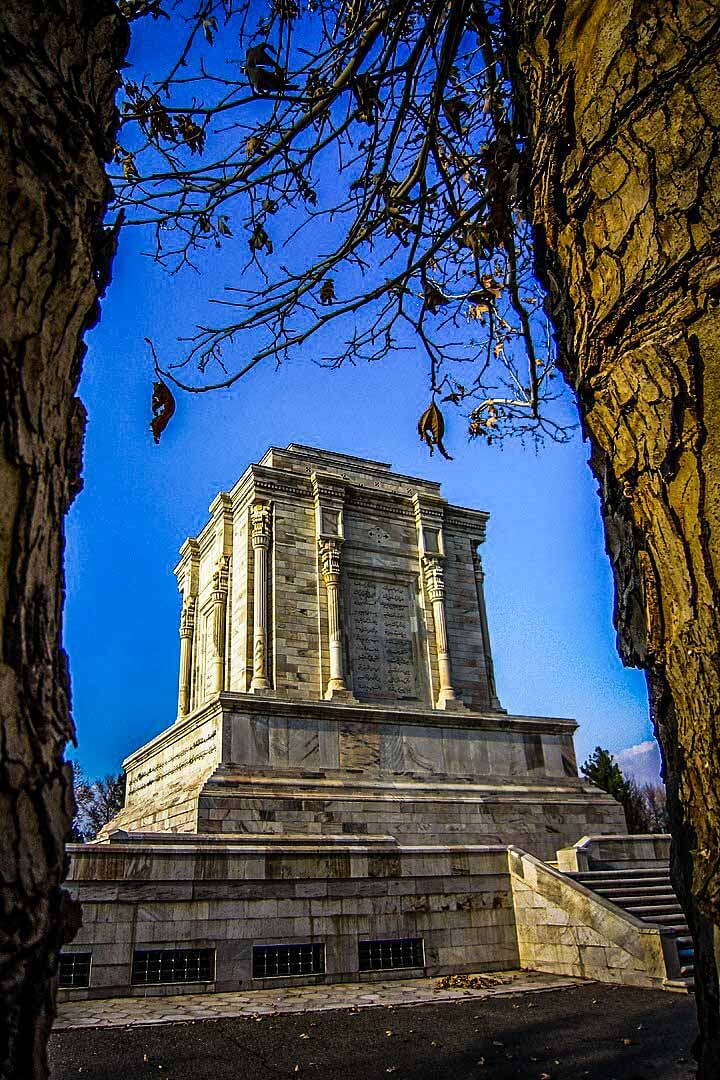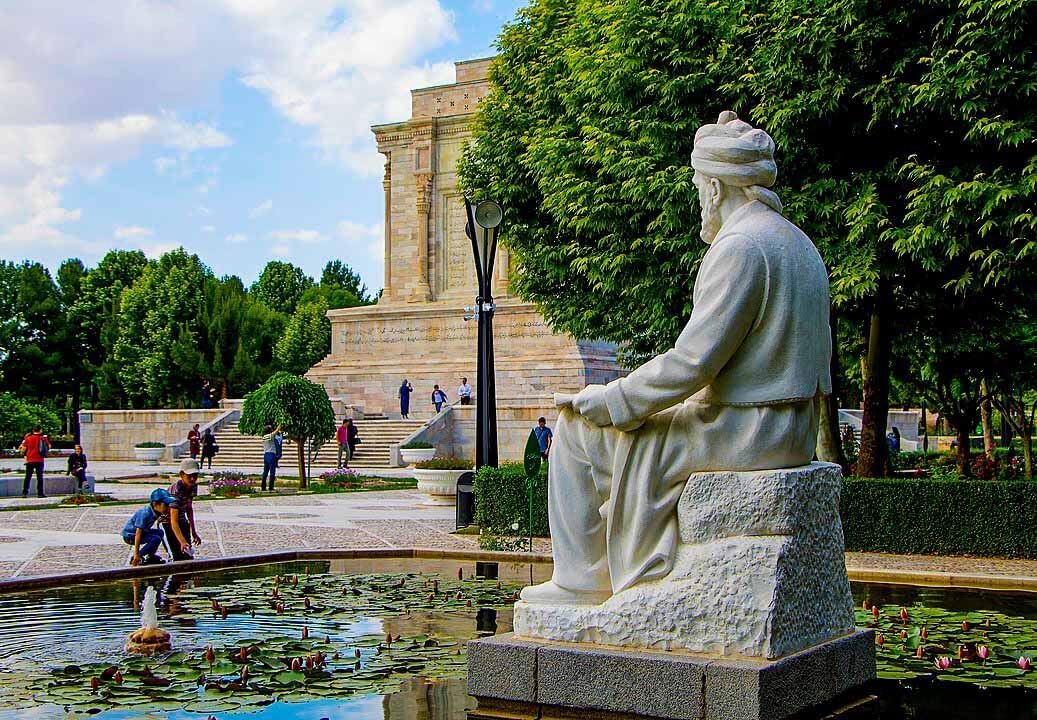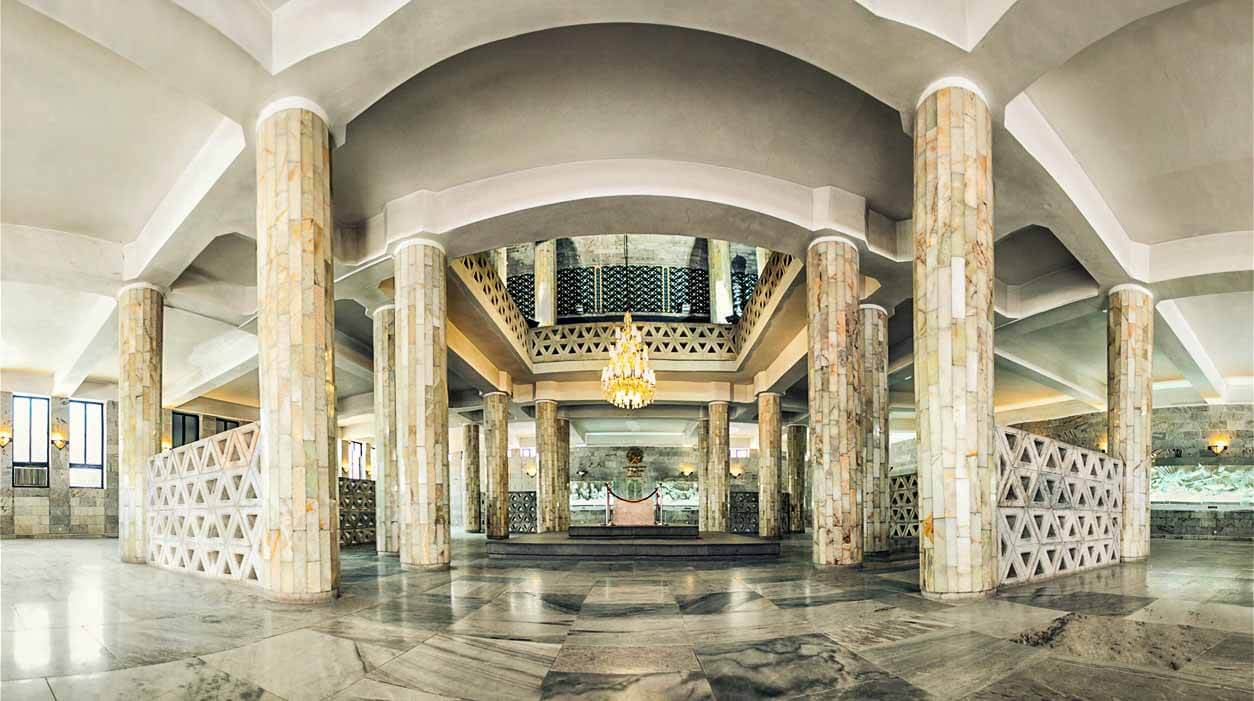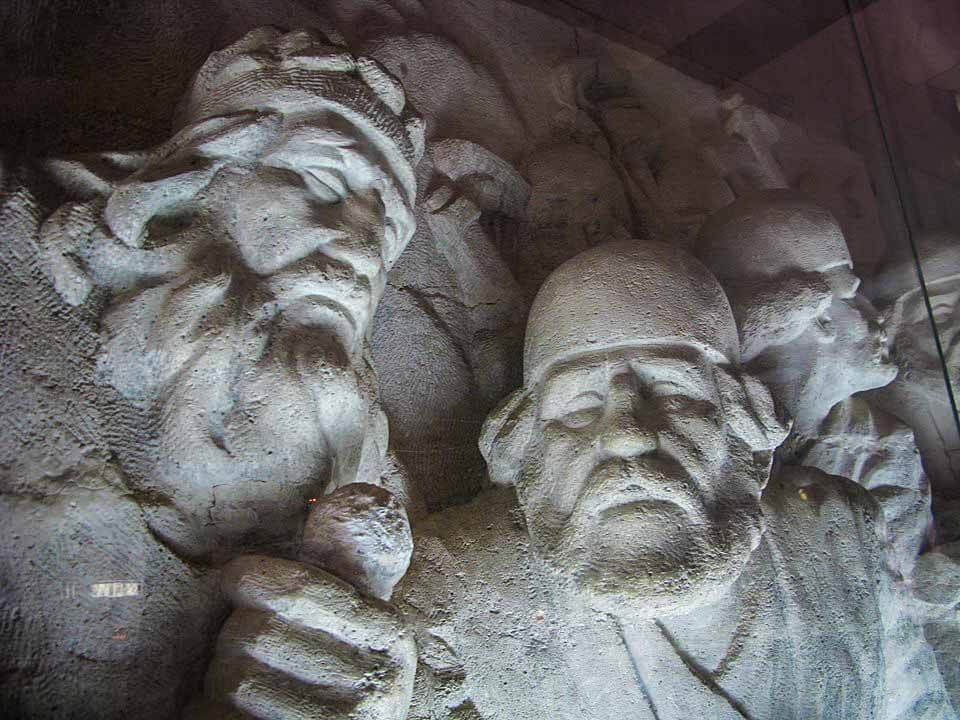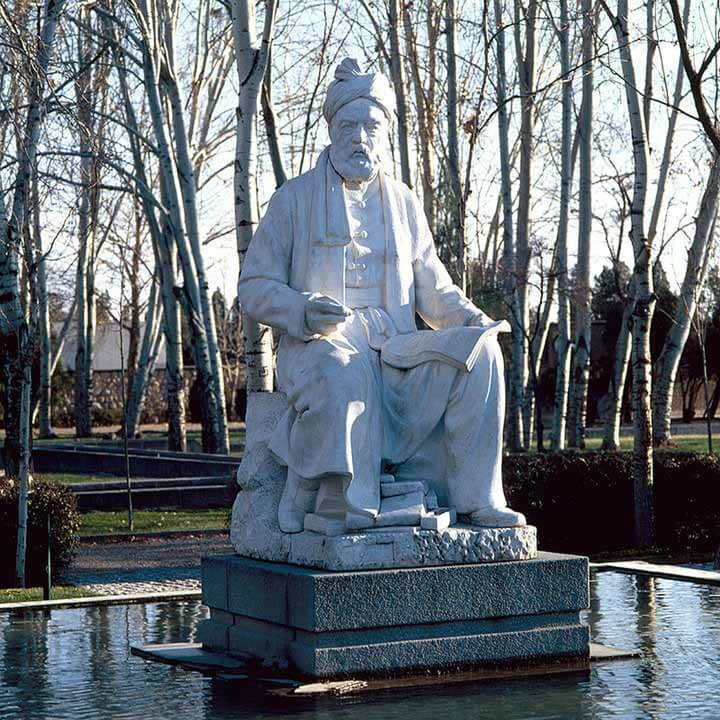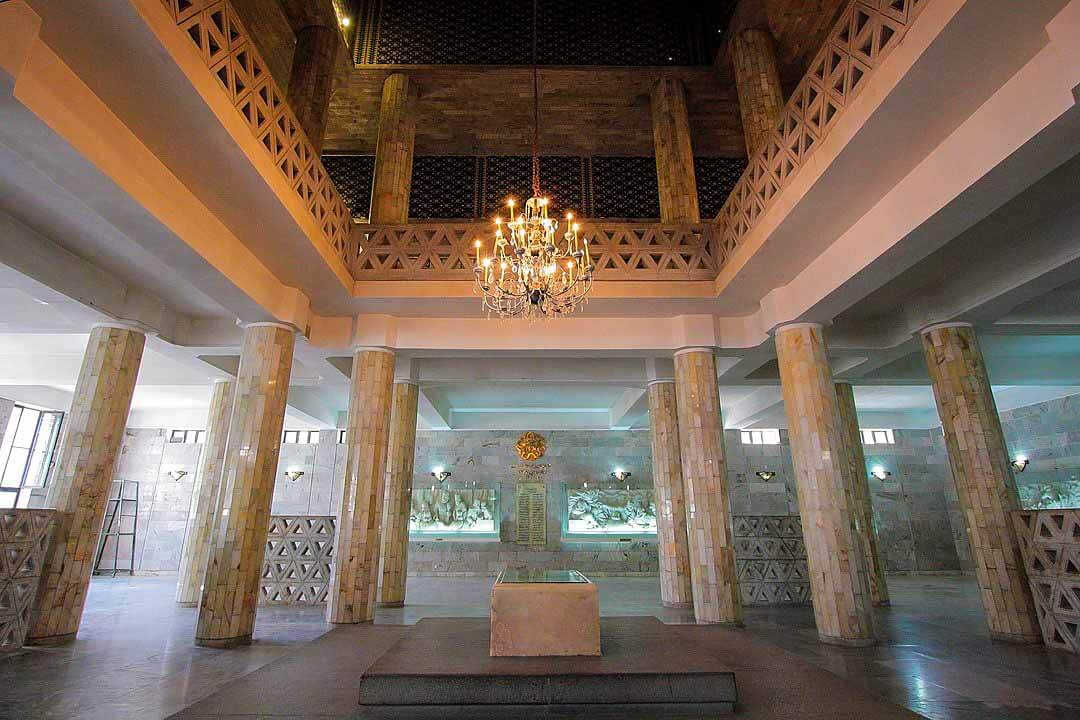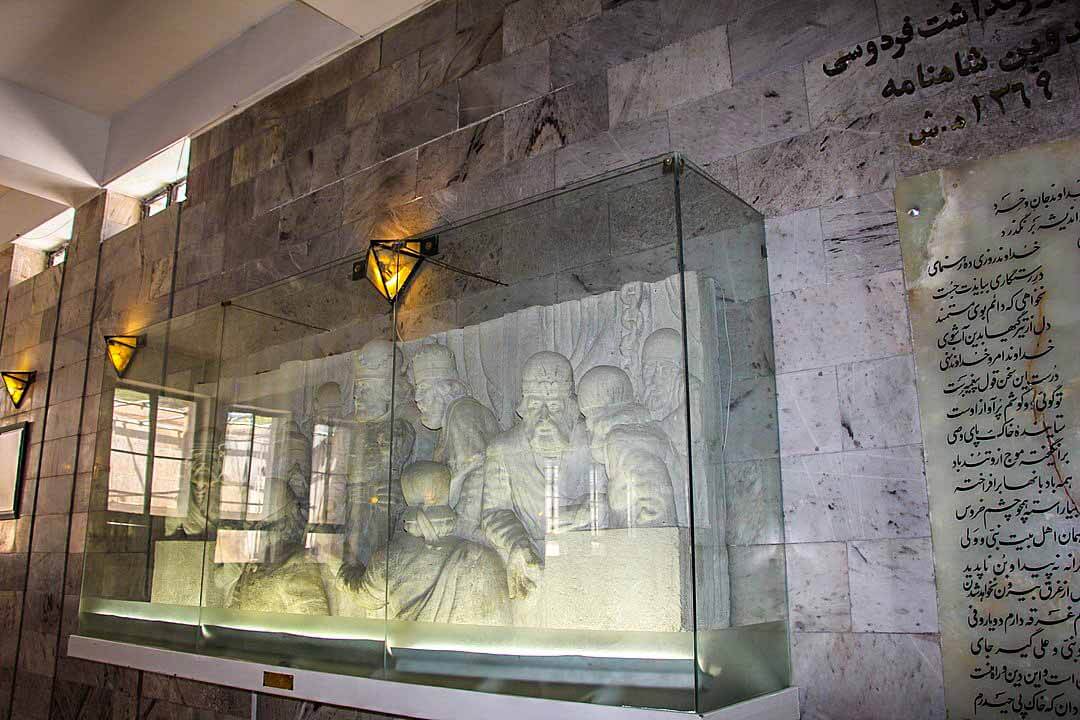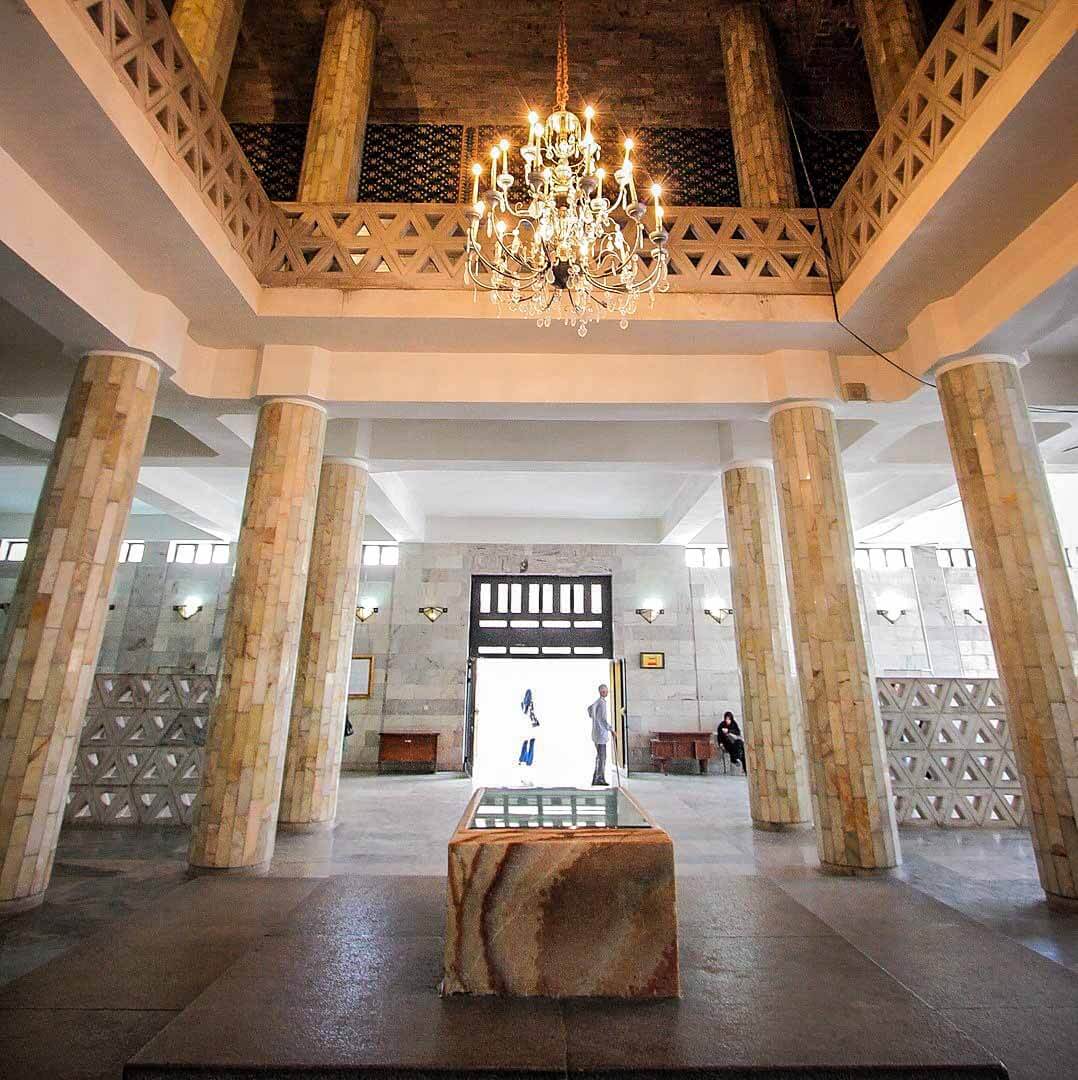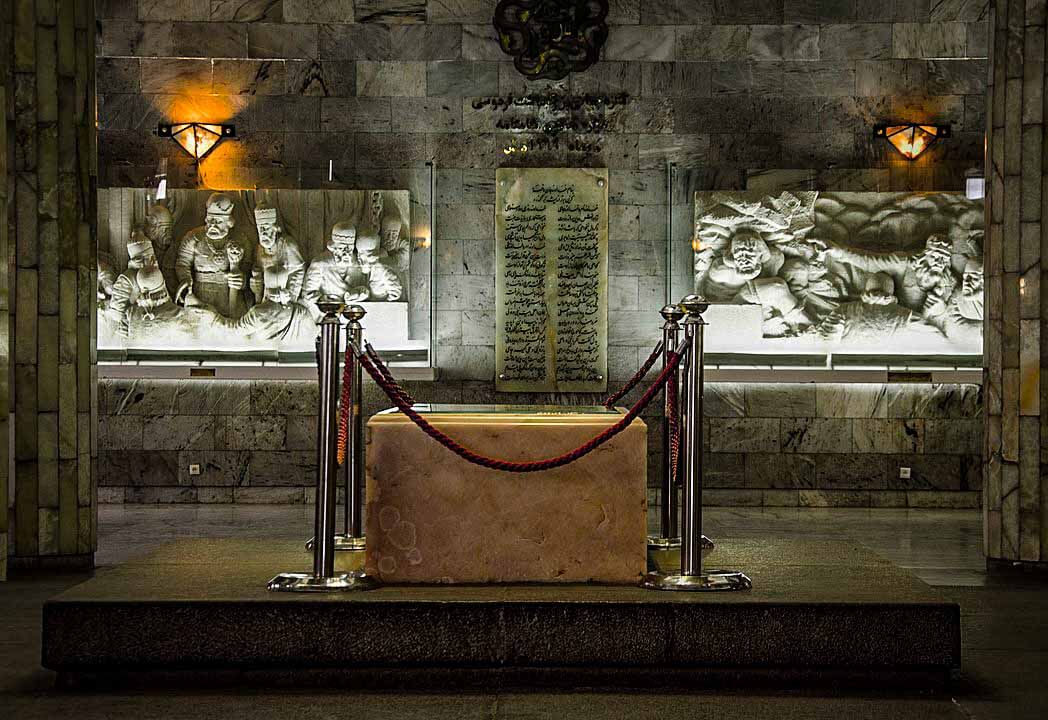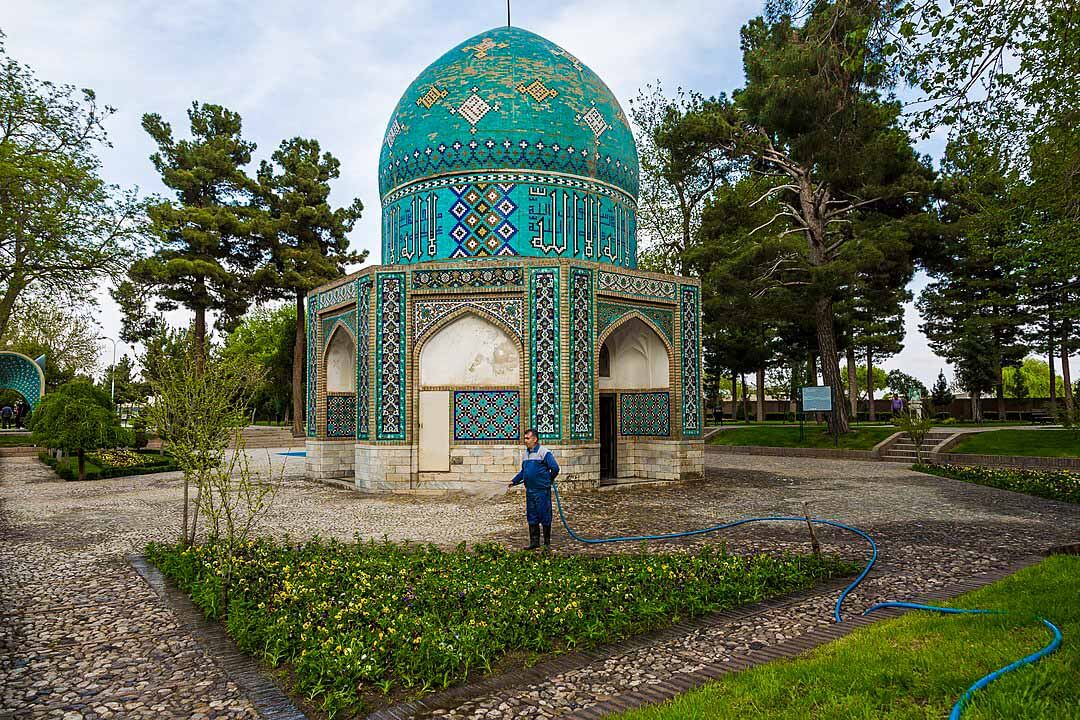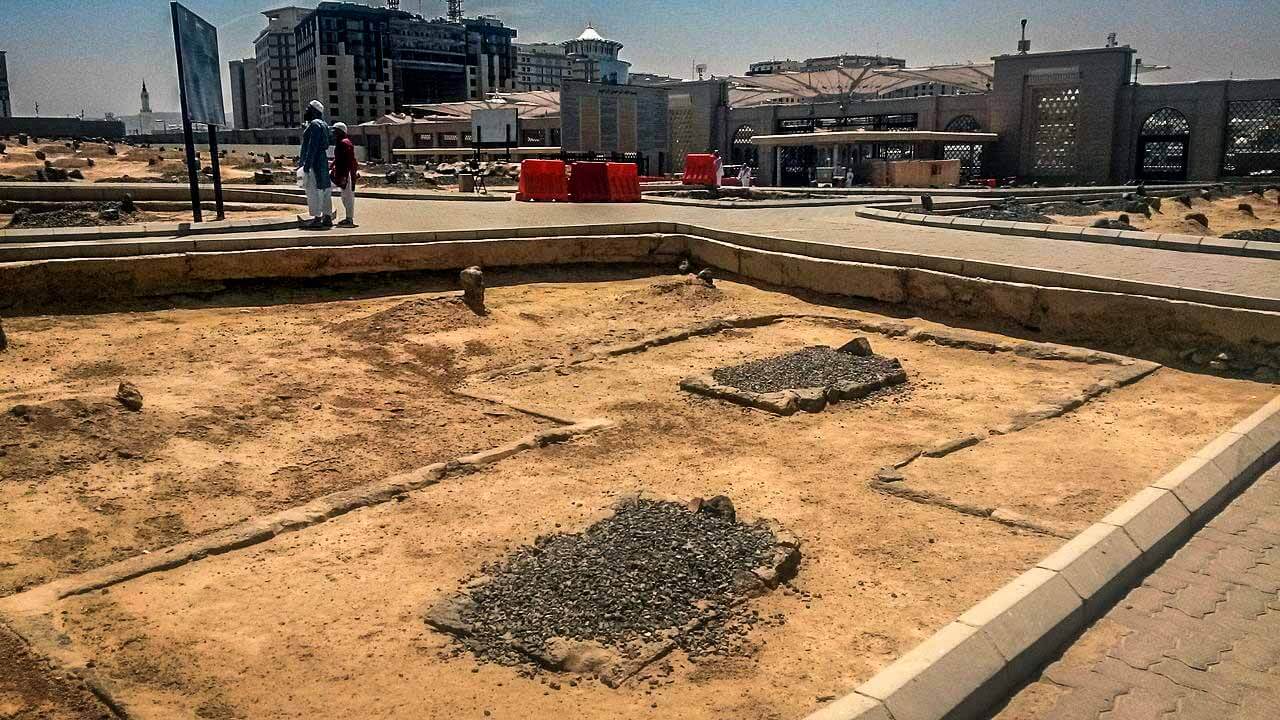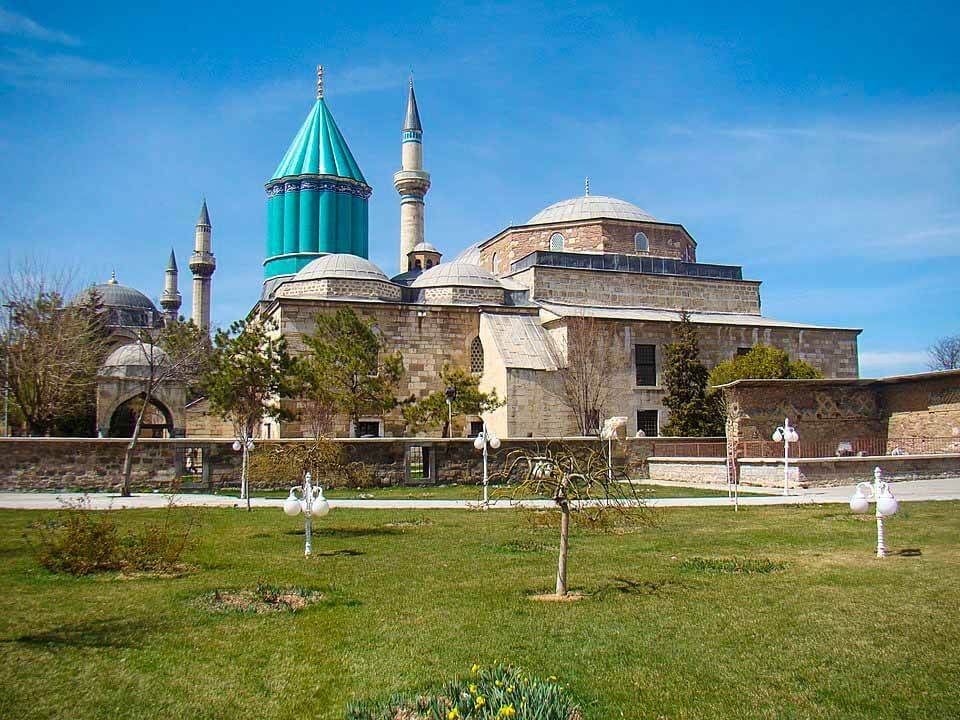Tous, Iran
Coordinates: 36.486130, 59.517540
Ferdowsi was a Persian poet and the author of Shahnameh (“Book of Kings”), which is one of the world’s longest epic poems created by a single poet, and the national epic of Greater Iran.
Ferdowsi is celebrated as the most influential figure in Persian literature and one of the greatest in the history of literature.
Life as a poet
It is possible that Ferdowsi wrote some early poems which have not survived. He began work on the Shahnameh around 977, intending it as a continuation of the work of his fellow poet Daqiqi, who had been assassinated by his slave.
Like Daqiqi, Ferdowsi employed the prose Shahnameh of ʿAbd-al-Razzaq as a source. He received generous patronage from the Samanid prince Mansur and completed the first version of the Shahnameh in 994. When the Turkic Ghaznavids overthrew the Samanids in the late 990s, Ferdowsi continued to work on the poem, rewriting sections to praise the Ghaznavid Sultan Mahmud.
Legend (which might not be Real)
According to legend, Sultan Mahmud of Ghazni offered Ferdowsi a gold piece for every couplet of the Shahnameh he wrote. The poet agreed to receive the money as a lump sum when he had completed the epic.
He planned to use it to rebuild the dykes in his native Tus. After thirty years of work, Ferdowsi finished his masterpiece. The sultan prepared to give him 60,000 gold pieces, one for every couplet, as agreed. However, the courtier whom Mahmud had entrusted with the money despised Ferdowsi, regarding him as a heretic, and he replaced the gold coins with silver. Ferdowsi was in the bath house when he received the reward.
Finding it was silver and not gold, he gave the money away to the bathkeeper, a refreshment seller, and the slave who had carried the coins.
When the courtier told the sultan about Ferdowsi’s behaviour, he was furious and threatened to execute him. Ferdowsi fled Khorasan, having first written a satire on Mahmud, and spent most of the remainder of his life in exile.
Mahmud eventually learned the truth about the courtier’s deception and had him either banished or executed. By this time, the aged Ferdowsi had returned to Tus.
The sultan sent him a new gift of 60,000 gold pieces, but just as the caravan bearing the money entered the gates of Tus, a funeral procession exited the gates on the opposite side: the poet had died from a heart attack.
Tomb
Ferdowsi was buried in his own garden, burial in the cemetery of Tus having been forbidden by a local cleric. A Ghaznavid governor of Khorasan constructed a mausoleum over the grave and it became a revered site.
The tomb, which had fallen into decay, was rebuilt between 1928 and 1934 by the Society for the National Heritage of Iran on the orders of Reza Shah, and has now become the equivalent of a national shrine.
The legacy of Ferdowsi’s Shahnameh, both in terms of ancient national traditions and in terms of preserving the Dari Persian language, is The most remarkable and most precious text in the history of the Persian language


